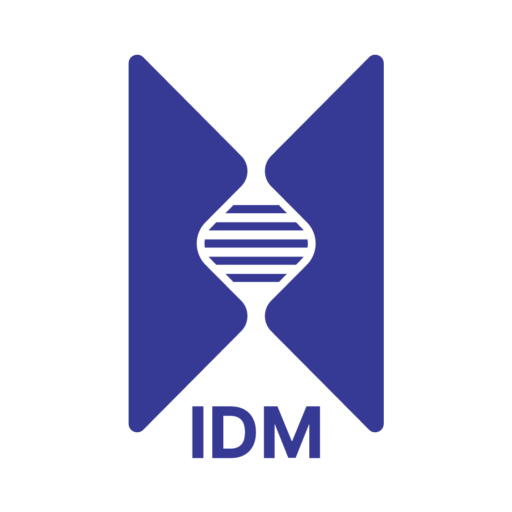Tirana 5, July 2010
Representatives of the Albanian Government, the United Nations, development institutions, academia, civil society and the media came together to launch of the CIVICUS Civil Society Index (CSI) for Albania – ‘In Search of Citizens and Impact’, which is an assessment of civil society in the country.
The CSI, conducted by the Institute for Democracy and Mediation, with the support of UNDP Albania, charts civil society development and assesses the capacity of the sector to meet Albania’s development challenges and societal expectations from this sector.
Speaking at the conference, IDM Executive Mr. Sotiraq Hroni noted that there is an obvious need to establish by law the Albanian Council for Cooperation with NGO-s, as a government initiative, based on international best practices and the successful experiences of the Western Balkan Region. This forum would institutionalize consultations between government and civil society organizations around issues related to legislation, transparency, cooperation, and help develop mutually reliable working relations.
The index highlights that civil society operates in a moderately enabling environment, with relatively developed organizational capacities that appear supportive to the general practice of values.
Yet, low levels of civic activism and the weak performance of a donor-driven civil society in grasping priorities and needs of the local context appear to be the main reasons for a limited impact on the policy and social development level.
75.3% of surveyed CSOs consider the donors’ priorities very important in shaping the civil society’s agenda.
Less than 50% of surveyed organisations consider important other factors such as needs and priorities of various interest groups and marginalized communities.
Only 18.4 percent of the population is an active member of a civil society organization. Widespread citizen scepticism towards civic engagement and a prevailing mindset that “change comes from the top” are rooted in concerns over the governance of civil society but also in the low levels of confidence in policy processes and actors. Despite low levels of civil engagement in Albania, the majority of respondents, 58 percent remain open to such opportunities if they trusted the organizers and shared their values.
“I believe the data revealed in this research study will influence informed debate on issues as well as help develop the right directions for future action in support of strengthening the role of civil society in improved governance, in citizens’ empowerment, social inclusion, participation and citizens’ oriented policies” –highlighted amongst others Gülden Türkoz-Cosslett, UN Resident Coordinator and UNDP Resident Representative in Albania.
The CSI country report endows the public discourse with a wide range of facts and evidence on a variety of topics and issues of interest such as the relations between the civic and the state sector, attitude towards democratic principles, societal values, the level of discrimination and intolerance towards certain social groups such as Roma or sexual minorities, the religious background of the Albanian population and the surprising feature of our society where only 33% of citizens declare to be “religious” persons.
The index concludes that the sector is ‘’an efficient actor in promoting internal democracy and democratic governance, but is still half way to fully practice it internally”.
Of the civil society organizations surveyed, 42.1 percent refuse to offer a publicly available source for their financial information, while only 8 percent declared that decisions within the organization were taken by its members.
Recommendations emerging from the Index’s findings include: generate actions to expand and deepen citizens’ participation and activism, establish an applicable set of good governance standards within civil society, encourage mechanisms that effectively absorb inputs from civil society actors and improve the current tax and financial reporting related legislation, develop cross-sector support schemes for civil society at remote / rural areas and increased cooperation with European centres and networks to upgrade capacities, and integrate with EU-based civil society.


